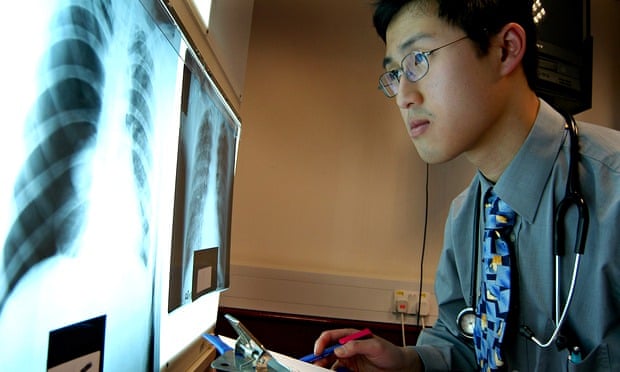Business sentiments have never been so bad. The local economy is sliding rapidly as international trade suffers the worsening dampening effects of global structural changes. The oil and gas industry has taken the hardest hit and the domino effect is being felt in all related sectors. More retrenchments are in the pipeline as more businesses are folding up. This is the time that tests not only the temerity of our people but the capability of our leadership.
During the earlier periods when our economy was buoyed by the birth of new economies and the expansion of global demands for goods and services, we experienced double digit GDP growth and the birth of "million-dollar" ministers. Although many have constantly expressed surprise that a tiny country like ours could ever become so economically successful, one would have thought that the challenges for a giant country, besieged with extensive socio-political-geographical concerns, to achieve economic success would be much harder to surmount. In that regard, China's growth as an economic powerhouse despite all its historical baggages, political dogma, multi-faceted internal conflicts and recurring natural calamities country-wide is, by comparison, a greater miracle.
With the current slump in world trade, the blame game has just begun. Fingers are pointing outwards to the causes of our economic woes even as our trade pacts seem to have brought little direct benefit for our people and businesses. We may be too set in our old ways and slow to react to a fast changing world even as we constantly preach innovation and creativity. A new world order is taking shape with a new big brother claiming its place as a super-power.
Not too long ago, China was just a big, poor country, with little international clout and prestige. But its economic awakening accounted for intensified world trade in the last 25 years and brought abundant business opportunities for the entire world and no small part of our acclaimed economic success. China, the Middle Kingdom, has arrived not only at the world stage as a big-time actor but it is also vying for one of the director's seats. And the directors of the old order are sitting tight, hoping to continue with the performances under their scripts for as long as they could. And several supporting actors are caught in a bind in the tussle. Unfortuitously for us, our tiny nation is one of them.
The cameras have lately shifted in our direction and we have come under the spotlight. The storylines in both the old and new scripts are not so kind to us but our show must carry on as it has been for the last 50 years. However, if there is to be a positive spin from all that has gone wrong for us thus far, it has to rest upon our realisation that the economic future and survival of our tiny nation lies in one important skill - how well we handle our diplomatic relations with all nations, big and small. Our friend's enemy is not necessarily our enemy. And our enemy's friend is not necessarily our friend.
Old alliances should not stop us from forming new alliances. As the saying goes: "There are no everlasting enemies nor friends. Only friends with the same interests." Where there are commonalities, these should be heightened and worked upon to mutual advantage. Where there are differences, these should be minimised as much as possible with a mutual understanding to not let these differences stand in the way of future co-operation and collaboration for mutual benefit. We cannot ignore sensitivities and must constantly be aware of how our words and actions may mean one thing but be taken to represent something else which is unintended. We may also not be able to please every neighbour but at the very least, we should be mindful not to offend any sensitivities.
Lest we believe them, the MNCs were never really here to stay. Many have relocated elsewhere and major businesses are finding it harder to cope in the current economic downturn. In the midst of all these happenings, it is imperative to extend all possible help to our SMEs to keep them afloat. In essence, they are our true economic lifeline. After all, don't all businesses start small?

























